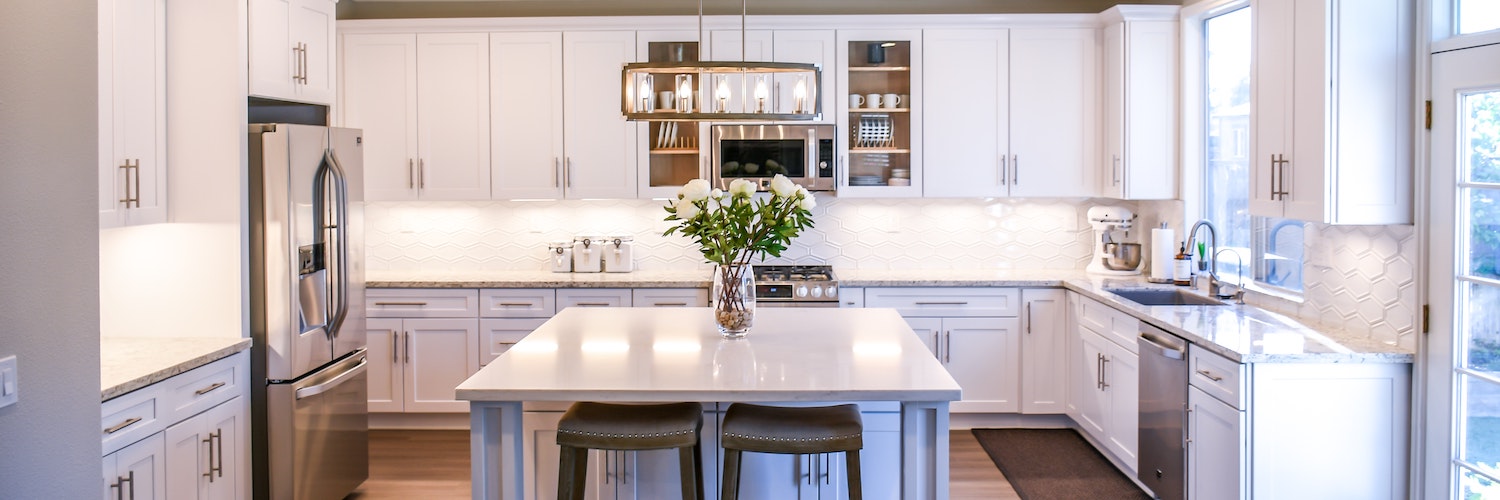The lack of inventory will be the biggest story in housing this year, said real estate professionals recently surveyed by HomeLight, a real estate referral company. HomeLight’s Top Agent Insights report, conducted in the fourth quarter of 2020, reflects responses from more than 1,000 real estate professionals nationwide.
What issues are top-of-mind for real estate professionals for 2021? Survey respondents identified seven key trends expected to affect housing the most in the new year, according to the HomeLight survey:
1. Inventory shortages.
Eighty-four percent of the real estate professionals surveyed said that inventory was lower than they expected at the end of 2020. The National Association of REALTORS® reports that inventory levels in November were down 22% compared to a year ago. Real estate pros in the South Atlantic surveyed by HomeLight were most likely to cite a lack of inventory as the top factor affecting their housing markets in 2021. Midwestern agents were the least likely to cite inventory woes.
2. Widely distributed vaccines to boost consumer confidence.
Fifty percent of agents said that a widely distributed vaccine could encourage more sellers to list their homes and help offset inventory challenges. “This indicates that buyers could have more housing options later in the year, though with inventory starting from such a low place, the market could remain highly competitive for a while,” the HomeLight report says. The vaccine also could help businesses reopen fully and give more Americans added job security and the confidence to enter the housing market.
3. Some homes will be lost to foreclosure.
Forty percent of real estate agents believe that the end of forbearance and stimulus plans this year could cause an increase in foreclosures in their markets. However, growing home equity may help homeowners sell in a strong market if they are facing foreclosure.
4. Low mortgage rates will continue to drive demand.
Ninety-seven percent of agents said that low mortgage interest rates increasing buyer demand in their markets, the HomeLight report notes. Sixty-eight percent of agents reported that their renter clients decided to speed up their plans to purchase a home, 66% said current homeowners opted to trade up faster, and 46% said older adults decided to downsize sooner due to the low rates. There are some concerns, however, that mortgage rates could increase from record lows over this year. Thirty-four percent of agents say they expect mortgage rates to rise as more people receive the vaccine and the economy improves.
5. A permanent shift to remote work could encourage more moves.
Nearly 15% of agents said the shift to working from home could have the biggest impact on the real estate market in 2021. “Many employers will likely give the final word on which jobs are to become permanently remote in the coming months, which could trigger another round of relocations,” the HomeLight report notes. “With California frequently topping lists of states with the most remote jobs, agents in the Pacific Coast were most likely to cite this trend (19.8%), followed by agents in the Northeast (16.2%).” The impact of remote work on real estate likely will be the least prominent in the South Central region. Only 8.3% of agents in the South Central region of the U.S. cited remote work as an influential real estate trend for 2021.
6. Virus surges won’t lead to further market panic.
“The U.S. may not yet have a handle on COVID-19, but the surprise element has passed,” the report says. Real estate professionals are more prepared to take their businesses virtual and to still transact while socially distanced. Virtual tours, digital closing technology, and remote showings are all methods that real estate pros have increasingly turned to in the pandemic. “Compared to 2020 when buyer activity abruptly halted due to the virus and then surged once lockdowns eased up, this year is likely to be one of relative normalcy for housing trends,” the report says.
7. Affordability challenges persist and tax credits may help.
As affordable housing issues mount, lawmakers are racing to try to come up with solutions. Thirty-seven percent of non-homeowners cite down payment as one of the biggest obstacles to homeownership. Eleven percent of agents surveyed believe that finding an affordable home will be a major challenge facing buyers in 2021. But some are optimistic that tax credits expected from the new administration may help. Fifty-five percent of the real estate professionals surveyed by HomeLight said they were in support of President Biden’s proposed $15,000 down payment tax credit for first-time buyers. The tax credit—which, as proposed, will be able to be used at the time of purchase—has been proposed as an extension of the Recovery Act’s temporary tax credit.
Source: Realtor Magazine




